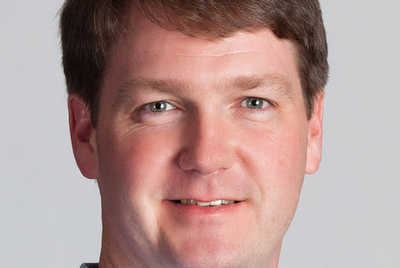Scientists have helped to explain the known association between autism and abnormally large brain size.
Researchers from The Scripps Research Institute (TSRI) in California found that mutations in the PTEN gene in genetically altered mice produced too much growth throughout the brain, combined with behavioural issues found in autism.

“These were basically normal animals in terms of behaviour, but there were consistent deficits in tests of social interaction and recognition”: Damon Page
Damon Page, an assistant professor who led the study, said: “What was striking is that these were basically normal animals in terms of behaviour, but there were consistent deficits in tests of social interaction and recognition – which approximate a major symptom of autism.”
Page continued: “This suggests that when most parts of the brain are overgrown, the brain somehow adapts to it with minimal effects on behaviour in general. However, brain circuits relevant to social behaviour are more vulnerable or less able to tolerate this overgrowth.”
The scientists sought to prove whether changes in brain growth are associated with broad or selective deficits in tests of autism behaviours. The mice were tested for ASD-related behaviours, including anxiety, mood, intellectual, circadian rhythm and/or sleep abnormalities.
Questions remain as to how mutations in PTEN, a general regulator of growth, can have selective effects on behaviour and cognitive development. One theory is that PTEN mutations may desynchronize the normal pattern of growth in key cell types. The study points to dopamine neurons, which are relevant for social behaviour.
“Timing is everything,” Page said. “Connections have to form in the right place at the right time for circuits to develop normally. Circuitry involved in social behaviour may turn out to be particularly vulnerable to the effects of poorly co-ordinated growth.”
The study is entitled: “Pten Haploinsuffiecient Mice Show Broad Brain Overgrowth but Selective Impairments in Autism-Relevant Behavioural Tests”.
Published: 26 April 2014

















